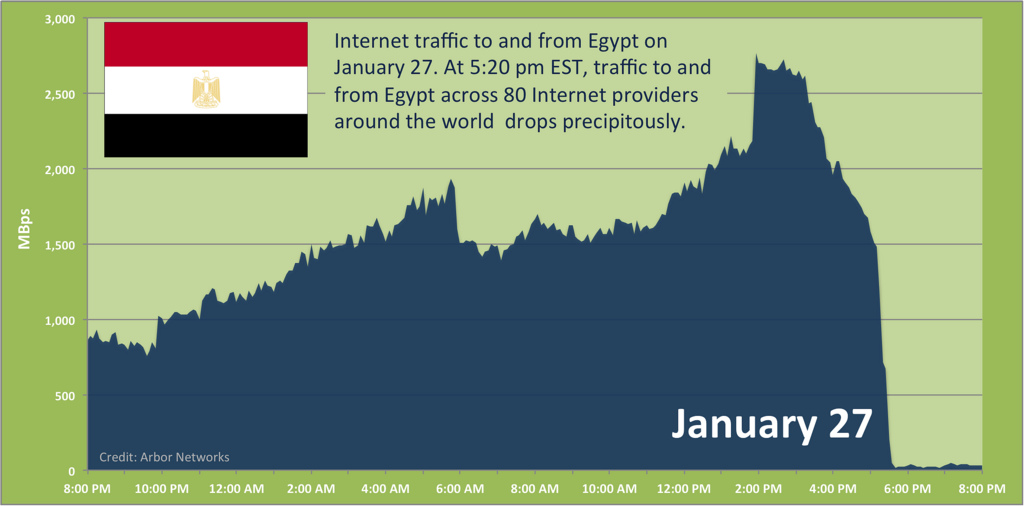 Zygmunt Bauman (pictured above) provides a famous liquidity metaphor that I find infinitely useful for thinking about the Internet. My previous post on Wikileaks and our Liquid Modernity outlins how the Internet and digitality are making information more fluid, nimble and difficult to contain. Using the liquidity metaphor, I argue that WikiLeaks is an example of increasingly liquid and leak-able information.
Zygmunt Bauman (pictured above) provides a famous liquidity metaphor that I find infinitely useful for thinking about the Internet. My previous post on Wikileaks and our Liquid Modernity outlins how the Internet and digitality are making information more fluid, nimble and difficult to contain. Using the liquidity metaphor, I argue that WikiLeaks is an example of increasingly liquid and leak-able information.
I further argue that “heavy” structures need to become more porous; that is, allow for some amount of liquidity in order to withstand the torrent of contemporary fluidity. Julian Assange argued that his WikiLeaks project will cause governments to become more secretive, or, using Bauman’s metaphor, those structures become more solid and thus become washed away by seeming out of date to current, more liquid, realities. I believe we saw a scenario just like this play out in Egypt.

Armed with those great tools of liquid information, Egyptian protesters organized themselves, in part, using social media. And, as the chart above demonstrates, the spout of liquid information was literally shut off. While the fact that Egypt was even able to turn off the Internet signals the limits of liquidity, the aftershock resonates clearly: erecting barriers and becoming more solid (less-porous) served to make a government already in a legitimation crisis seem even more antiquated and repressive.
Too solid, the structure of the Egyptian government was even less prepared to withstand the rising tide of a liquid generation. Shutting down the Internet did not slow protests, but enflamed them. Unable to bend, the structure was largely washed away.
Governments across the globe are being faced with a decision: to further solidify or become more porous. On one hand, a government that cannot provide flowing digital information in today’s liquid world looks immediately repressive. On the other, allowing the free flow of information might foster dissent (for instance, China has a powerful “solid” “Golden Shield” around web traffic that allows it to more tightly control information – more on China and this issue here). This dilemma (more specifically, “the dictator’s dilemma”) is summed in this New York Times quote from a senior state department official,
Some may take measures to tighten communications networks,” said the official, speaking on the condition of anonymity. “Others may conclude that these things are woven so deeply into the culture and commerce of their country that they interfere at their peril. Regardless, it is certainly being widely discussed in the Middle East and North Africa.
As the Jasmine Revolution continues to march on, this dilemma of liquidity continuously plays out (Libya, for example, removed itself from the Internet). The theoretical lens of liquidity helps illustrate why becoming tighter, more repressive and draconian (and thus more solid) makes for increasingly vulnerability to the rising torrent of liquidity.

Comments 1
Egypt’s Liquid Modernity » Article » OWNI.eu, Digital Journalism — March 25, 2011
[...] This post was originally published on Cyborgology [...]